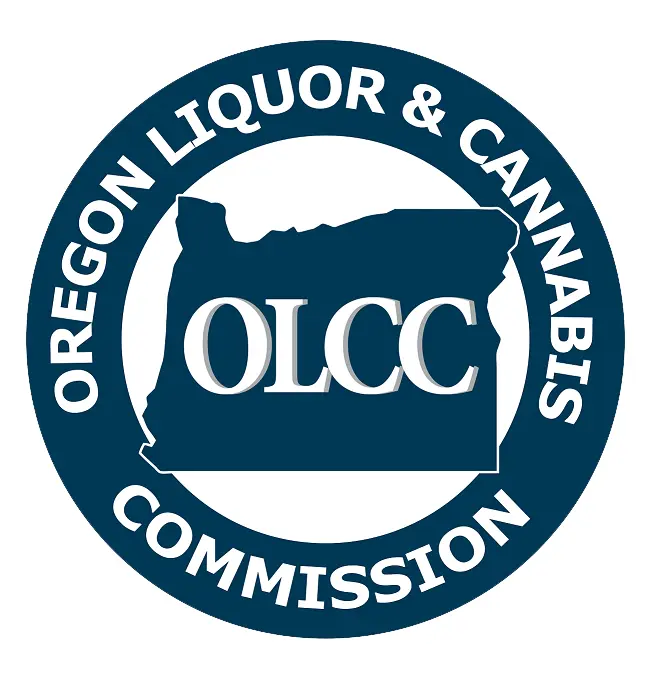The Oregon Liquor and Cannabis Commission (OLCC) had stakeholders weigh in on how the organization can best balance public health and business impacts while the OLCC contemplates whether or not to approve an additional 50 cents-per-bottle surcharge on distilled spirits. At its monthly Commission meeting on Thursday, April 20, 2023, Commissioners heard testimony from distillers, liquor store owners, the hospitality industry and the public health community about doubling the surcharge, which would increase the total surcharge to $1 per bottle.
The Board took action on rules affecting the cannabis industry, approved one alcohol licensee stipulated settlement agreement and were updated about continued property theft at liquor stores and licensed cannabis retailers.
Commissioners asked both sides to provide additional data on possible outcomes and adverse impacts before they take action on the surcharge. The Commissioners are soliciting public feedback on the proposal in advance of voting on it this summer.
Theft at OLCC licensed cannabis retailers and liquor stores surged at the start of the Covid-19 pandemic and during Portland street protests in 2020. The theft activity impacting OLCC regulated businesses matches business property theft trends statewide.
Both the Associated Liquor Store Owners, representing liquor store owners, and the Cannabis Industry Association of Oregon, representing licensed marijuana businesses, told the Board that the criminal behavior hasn’t subsided. Representatives from both organizations asked the agency to look into additional law enforcement solutions to reduce the criminal activity.
To help the public monitor the impact of thefts, the OLCC has launched two dashboards to track the theft, one for liquor stores, and another for licensed cannabis businesses. Both can be found on the OLCC website. The Board also approved a temporary rule to extend to January 1, 2025 deadline for manufacturers of artificially derived cannabinol (CBN) to come into compliance with artificially derived cannabinoid requirements, providing the industry an 18-month extension.










